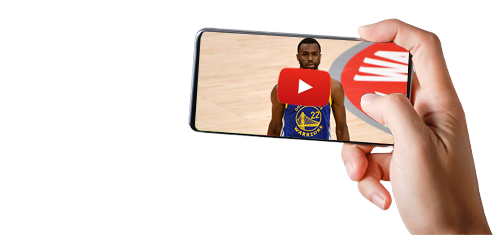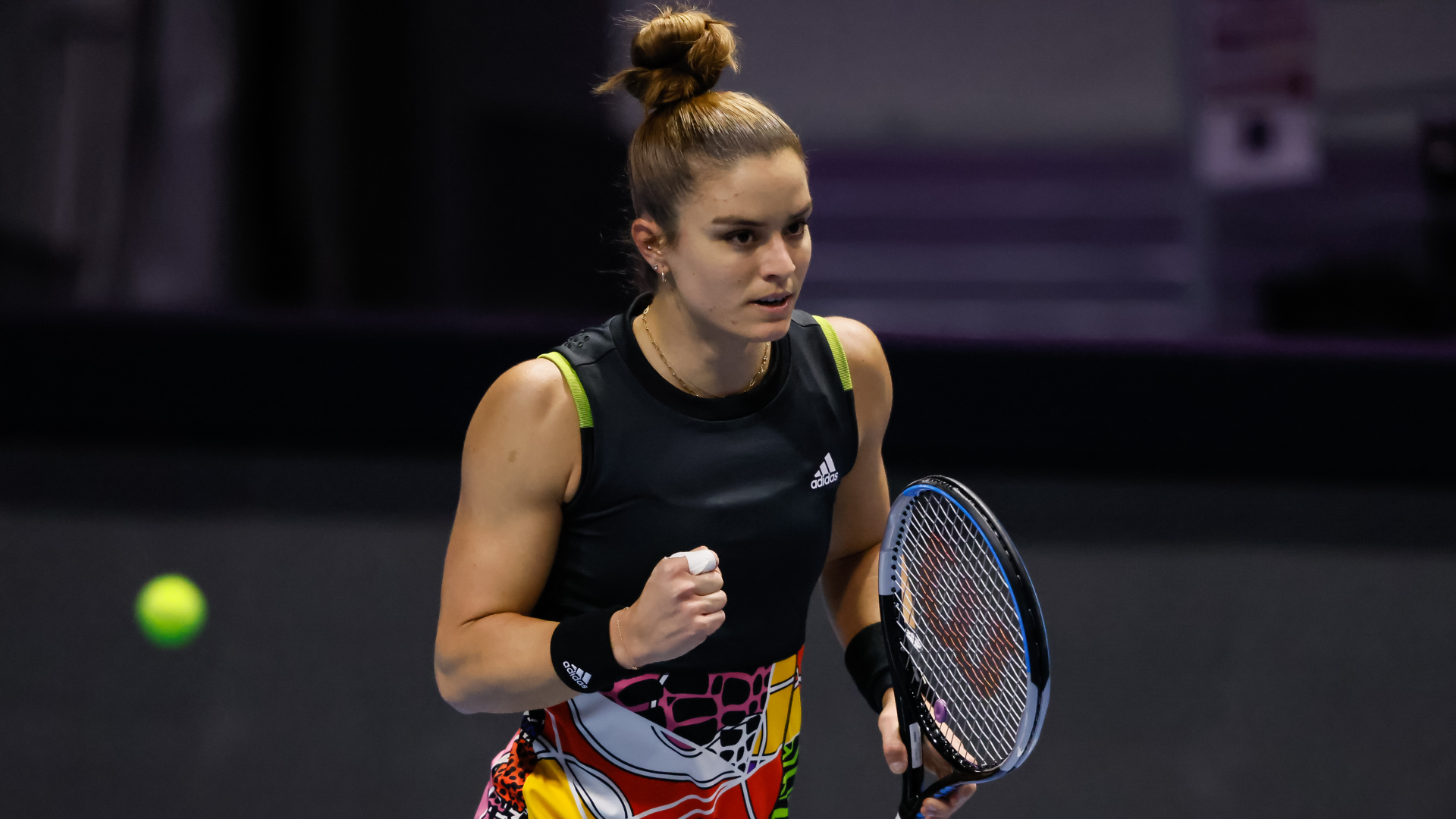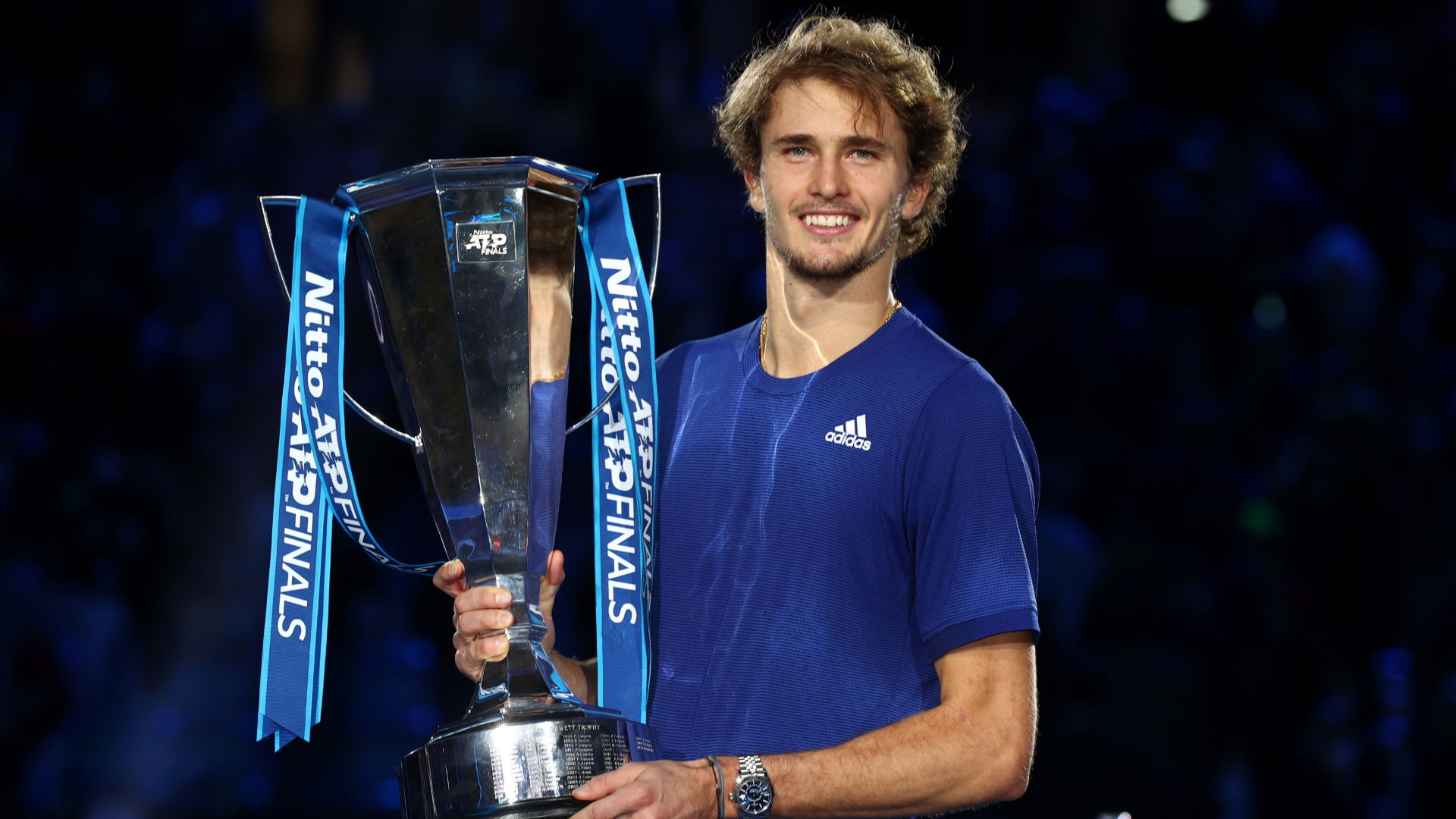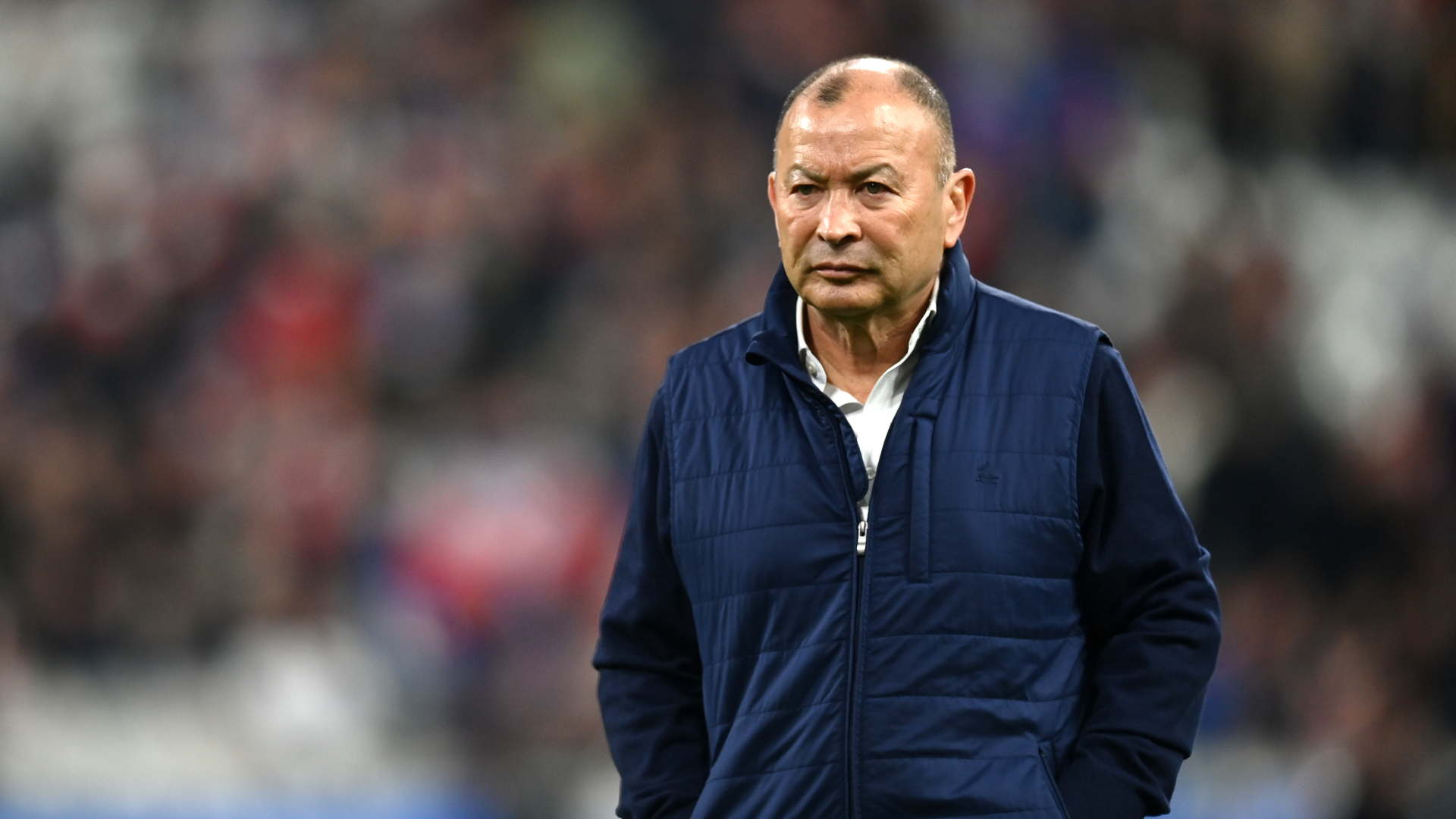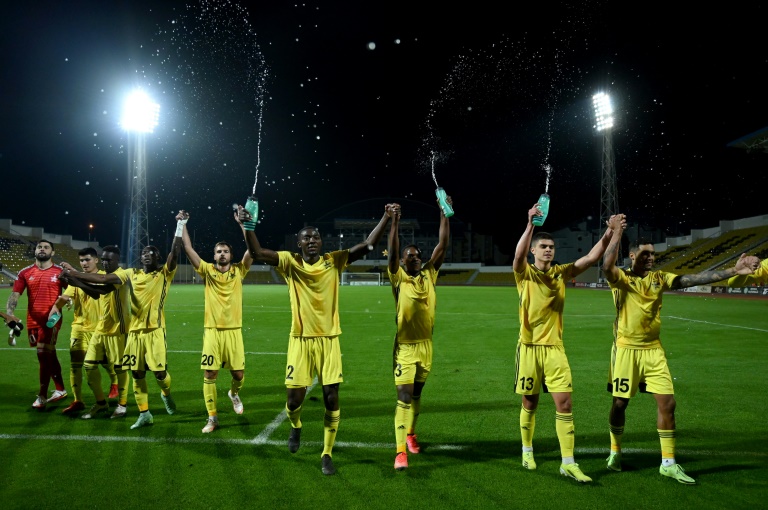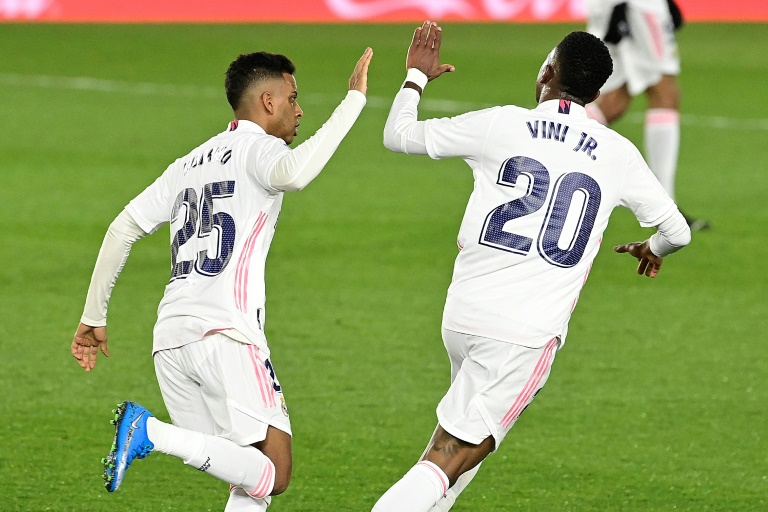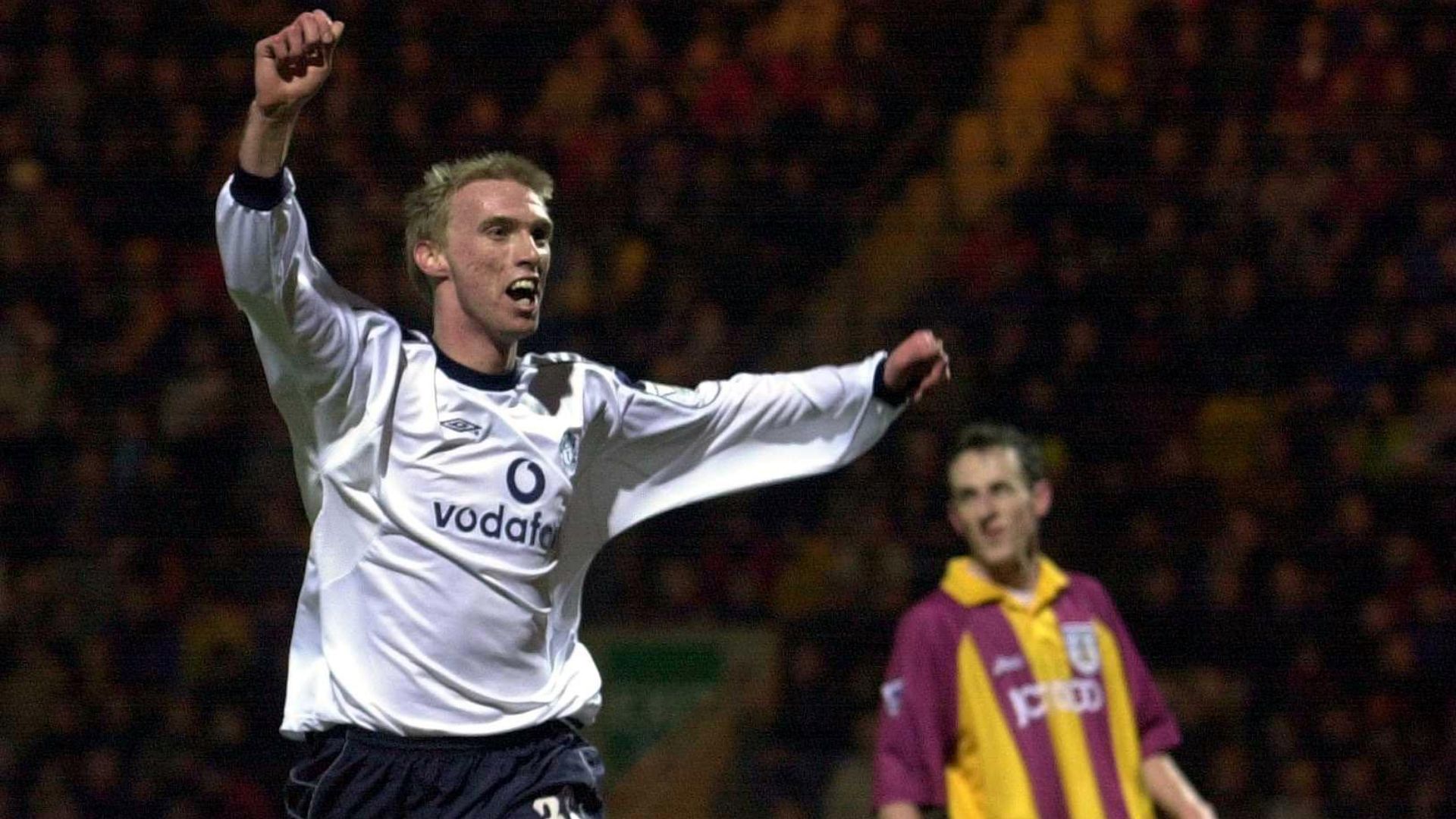
Luke, thanks very much for chatting to us at LiveScore. Coming through the ranks at Manchester United as a youngster, what a fantastic place to learn your footballing trade. You must have some great memories of that period?
Great memories, yeah. I signed for Manchester United aged 14 as a schoolboy. I lived down in Cambridge, so had to travel up there on the weekends and then would spend all my school holidays up there too.
When I left school at 16, I moved up and lived in digs. As most footballers will tell you, those years are some of the best ones of your life. You’re not stuck in school doing those lessons you’re not enjoying, it’s simply about playing football.
I learnt an incredible amount as a football player but also as a human being. The lessons of what it meant to be a Manchester United player were so valuable to my development.
How was working under Alex Ferguson? We hear a lot about his outstanding man-management — did that ring true for you as well?
Alex Ferguson was an absolute genius. He ran the club from top to bottom and built relationships with every single person at Old Trafford, from the dinner ladies to the kitman, young academy starlets to first-team regulars.
He had a way of making you want to do more or work harder than you thought was possible. There was no better feeling than receiving praise from the great man himself but equally, he was the one person you didn’t want to let down.
Are there any moments that stick with you during your time working with Sir Alex?
Well, when I’d first gone up there for a trial as a 14-year-old, I came home on the evening and my Mum told me he’d already phoned her personally to ask if I would sign. He’d been at that Under-15s match himself and wanted to make that call personally — and it’s something he did for all the youngsters.
Then years later, when I was in the first-team squad, I remember we were sat in the club canteen and there was a team of U-12s also eating. Sir Alex wandered over to see them and knew every one of their names — but also a personal detail about their lives. At that age, the thought of the manager knowing who you were is amazing!
These small details are a measure of the man, he was such a class act.
You touch on your time in the first team at Old Trafford, playing in a sensational side. What was that period like? And at what time did you start to realise your days as a Manchester United player may be numbered?
I broke into the team at 19 or 20 years old having come through the youth ranks and done incredibly well. At that time, the big asset I had was that I was freakishly fast, be it going past players or running with the ball.
In that 2000-01 season where I made quite a few appearances, I picked up a few injuries around my hips and pelvis which required a bit of surgery. By the time I returned, I’d definitely lost a bit of that pace and wasn’t having the same impact I’d had in training.
It was tough, of course. The manager pulled me aside and said ‘you’re probably not going to make it as a Manchester United player’. But to be honest, I knew that myself.
Although I had enjoyed my time at the club and lived the dream to an extent, my dream as a kid was just to be a professional footballer and I didn’t mind where that was.
You bounced around several clubs after leaving United but ended up enjoying particularly successful periods with MK Dons and Cambridge late in your career. Is finding a club where you feel settled and play regularly key for any player making that move away from a top side?
It’s hard to advise other players — especially these days, where you can earn tremendous amounts of money at these big clubs without even being near the first team. For me though, the best part of being a professional footballer is playing the game.
I had stints with the likes of Burnley, Norwich, West Ham and Stoke after leaving Old Trafford and I was probably reinventing my game a bit, having lost that pace. It was only at MK Dons where I felt more settled in my game and got a good run with fitness really.
To have that period there and then finish with my hometown club was fantastic. It may not have been as illustrious, but those years were some of my happiest in terms of playing.
Although you’ve hung up your boots, your two sons are now on the books at Cambridge. Do you have much influence over their football careers or try to stay out of it?
Yes, my oldest is a goalkeeper — I’m not sure where he got that from! The other is just about to start his scholarship programme. To be honest, when I first started taking them I was a terrible football parent but I’m a lot better now!
I used to think they should be taking things as seriously as me but when my oldest son asked me to stop coming along with him to his matches, it left me heartbroken and I had a real re-think about it all.
Now, with where I’m at in my life and my work with the Football Fun Factory, I try to make sure that they don’t worry too much about how things pan out. You may have a career in football, you may not. The most important thing of all is enjoyment — and I think they are still enjoying it!
You can read more about the Football Fun Factory here.



